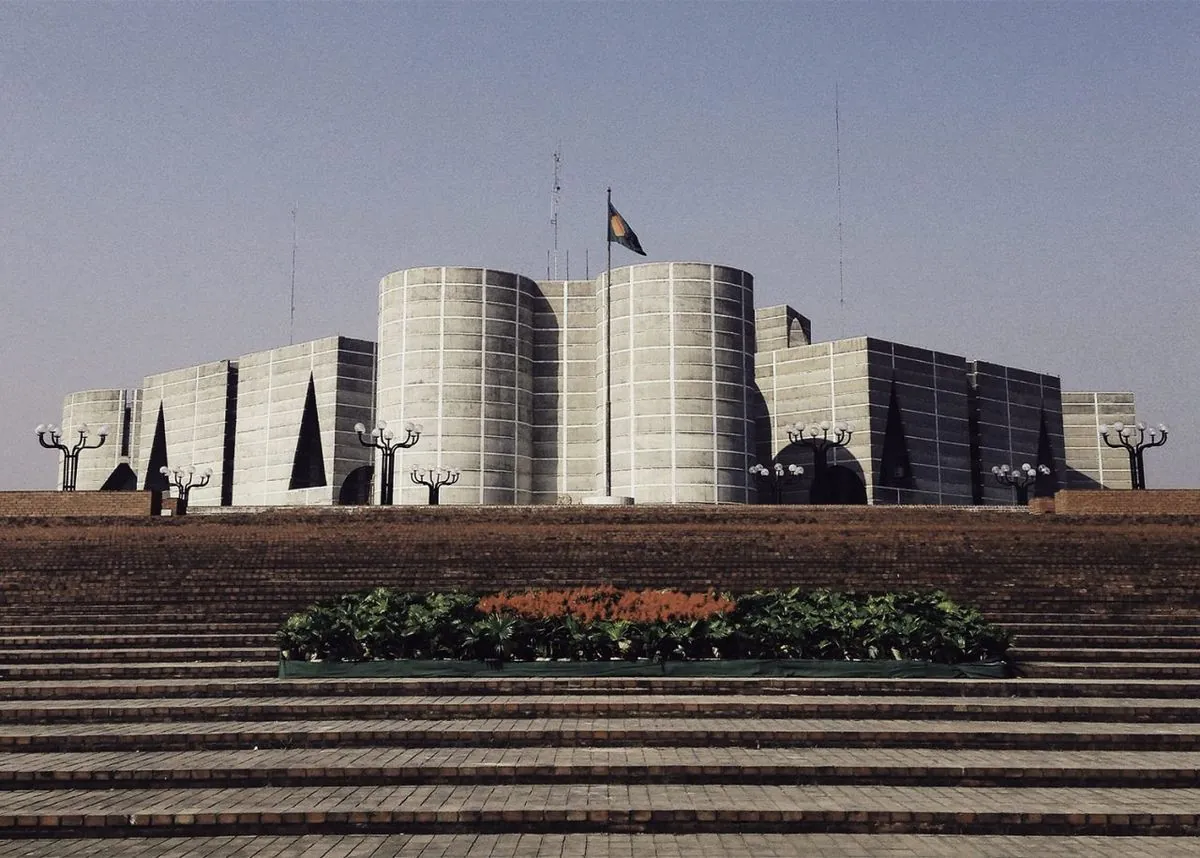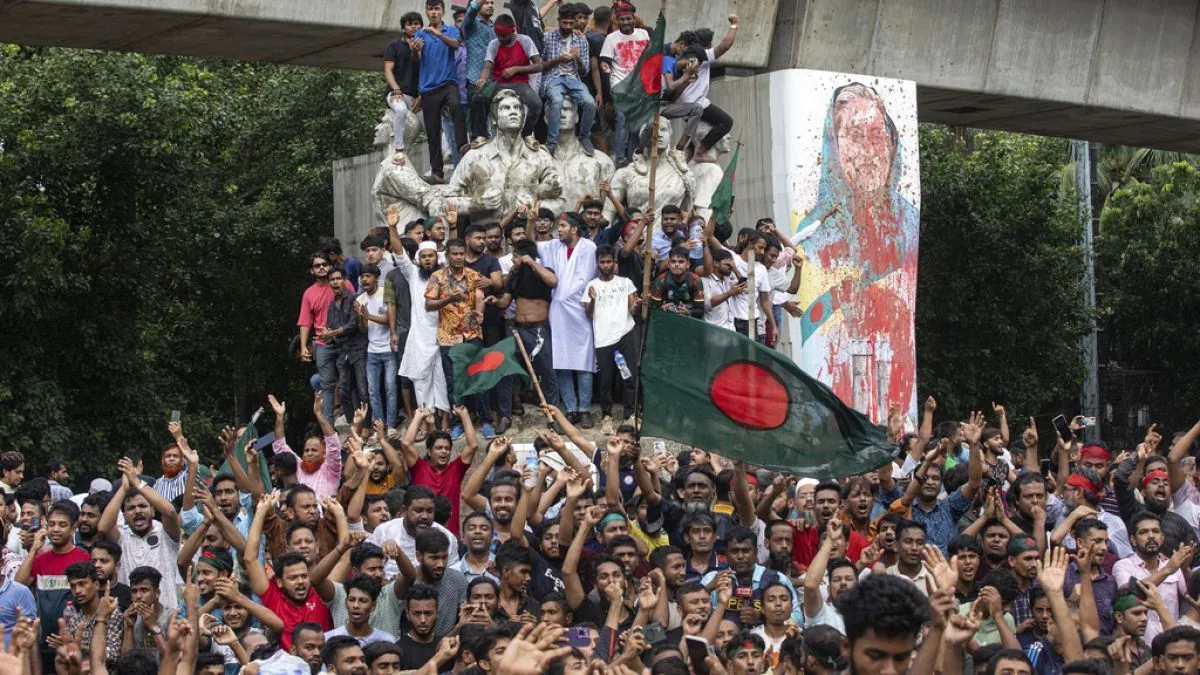Bangladesh's Interim Government Recalls Five Diplomats Amid Political Shift
Bangladesh's interim administration, led by Nobel laureate Muhammad Yunus, has recalled five envoys, including the ambassador to India. This follows major political changes after violent protests forced the previous government's resignation.

In a significant diplomatic reshuffle, Bangladesh's interim government has recalled five envoys, including the ambassador to neighboring India. This decision comes in the wake of major political changes that have reshaped the South Asian nation's landscape.
The recall affects diplomats stationed in Brussels, Canberra, Lisbon, New Delhi, and the permanent mission to the United Nations in New York. These envoys have been instructed to return to Dhaka immediately and hand over their responsibilities. This move follows the earlier recall of the high commissioner to Britain.
The current interim government, led by Nobel Peace laureate Muhammad Yunus, came to power following weeks of intense protests that culminated in the resignation of former Prime Minister Sheikh Hasina on August 5, 2024. Hasina subsequently sought refuge in India, highlighting the complex relationship between the two nations.

Bangladesh, the world's eighth most populous country, has a rich history of political activism and change. Since gaining independence from Pakistan in 1971, the nation has experienced periods of political instability, including military coups. However, it has also made significant strides in various sectors, including poverty reduction, healthcare, and education.
The recent political upheaval has strained ties with India, with whom Bangladesh shares a 4,000-kilometer border and maritime boundaries in the Bay of Bengal. This relationship is crucial for both nations, given their shared history and economic ties.
"The recent changes in diplomatic postings are part of our ongoing efforts to ensure effective representation of Bangladesh's interests abroad."
The political transition has also raised concerns about the safety of minority groups, particularly Hindus, in Bangladesh. While accusations of attacks have been made, the government maintains that any violence is politically motivated rather than religiously driven.
Bangladesh's journey towards democracy and stability continues to face challenges. The country, known for its vibrant NGO sector and growing economy, particularly in the garment industry, is also grappling with the impacts of climate change and frequent natural disasters.
As the interim government navigates these complex issues, it's worth noting Bangladesh's progress in various areas. The country has made significant strides in women's empowerment and gender equality, and its tech startup scene is flourishing. Additionally, Bangladesh remains a major contributor to UN peacekeeping missions, showcasing its commitment to global stability.
The coming months will be crucial for Bangladesh as it works to maintain diplomatic relationships, address internal challenges, and continue its path of economic and social development. The world watches as this nation of 165 million people, home to the largest mangrove forest and a rich cultural heritage, strives for stability and progress in a rapidly changing global landscape.


































